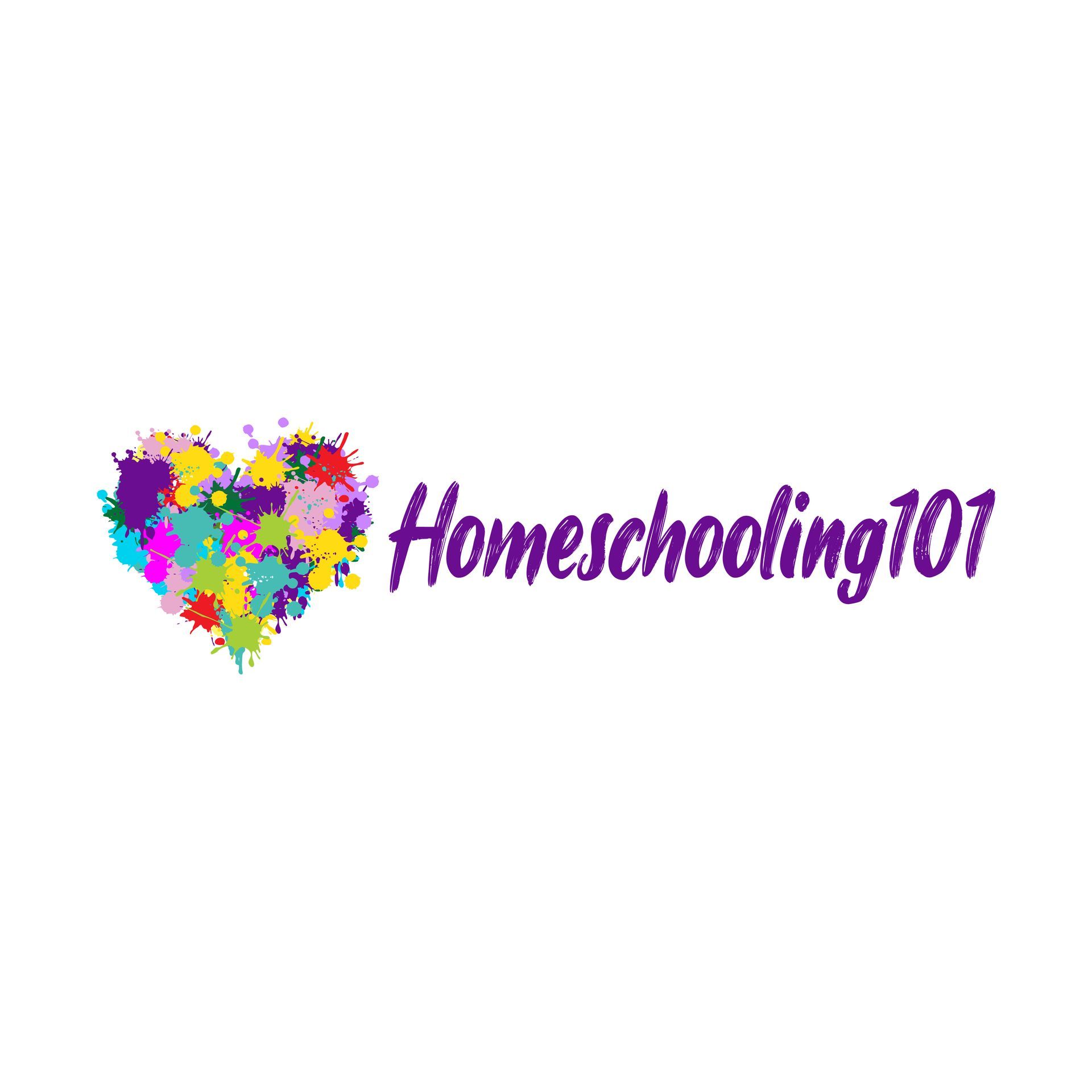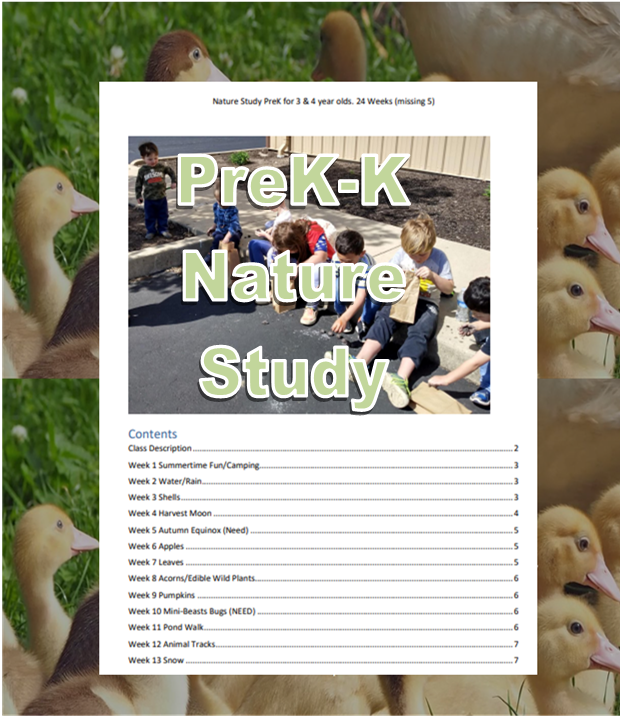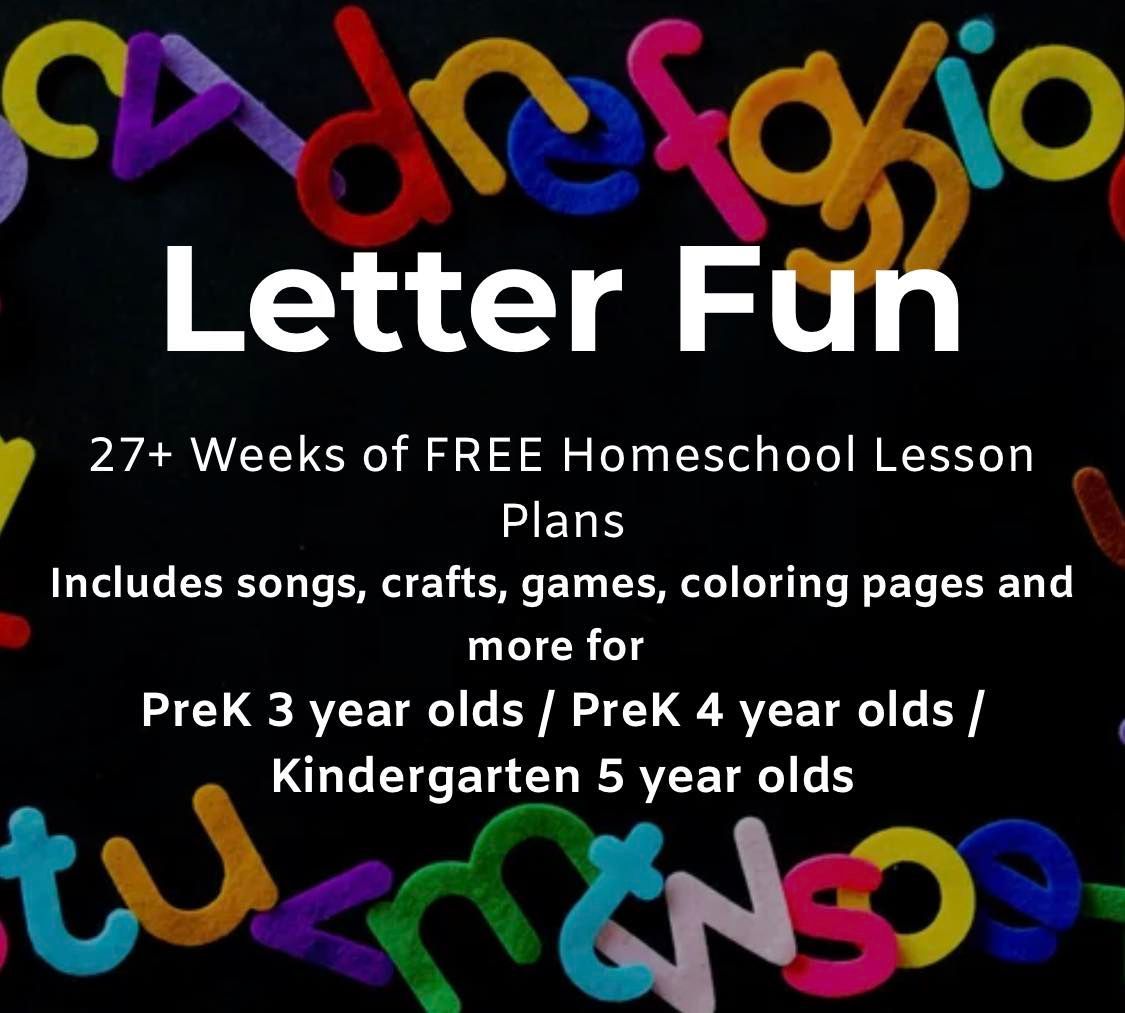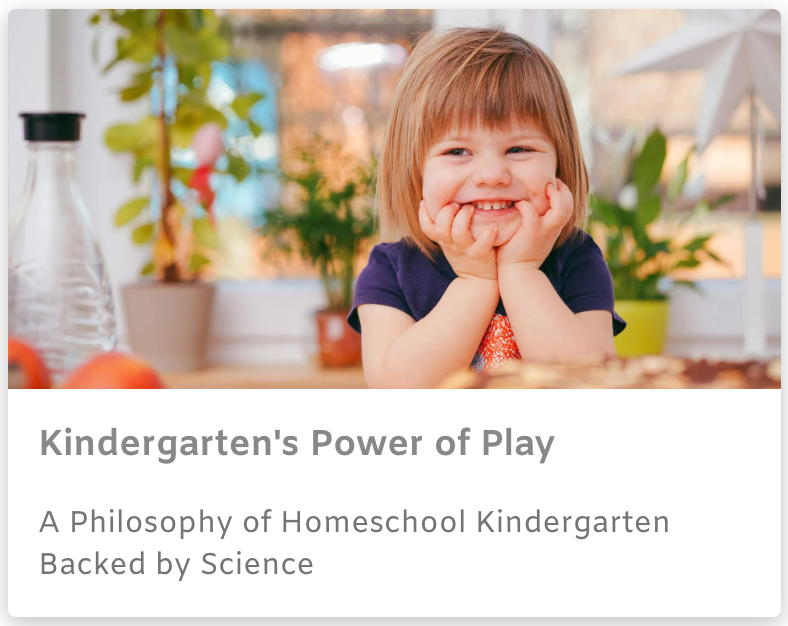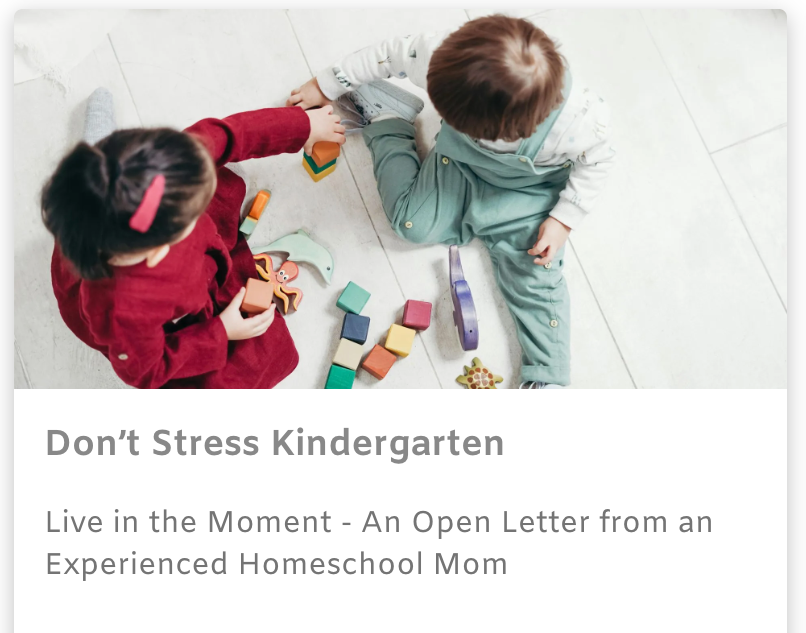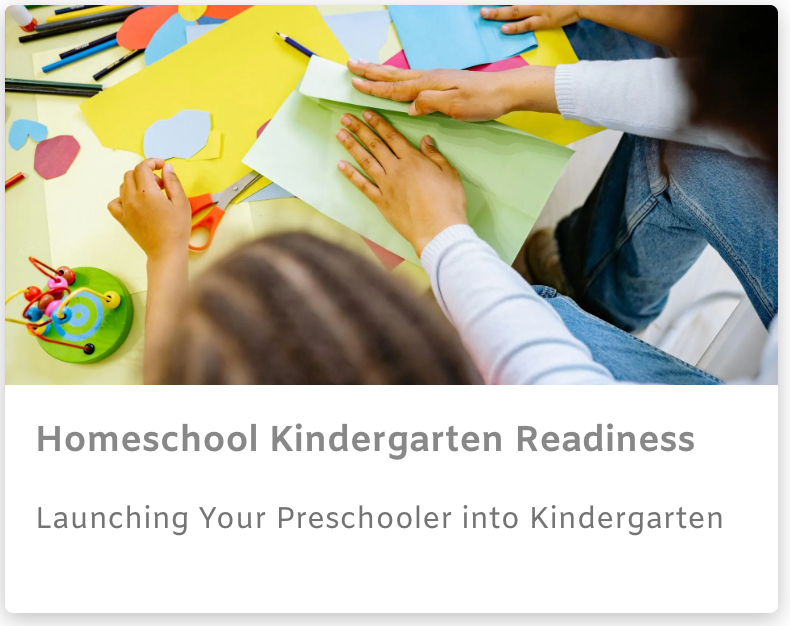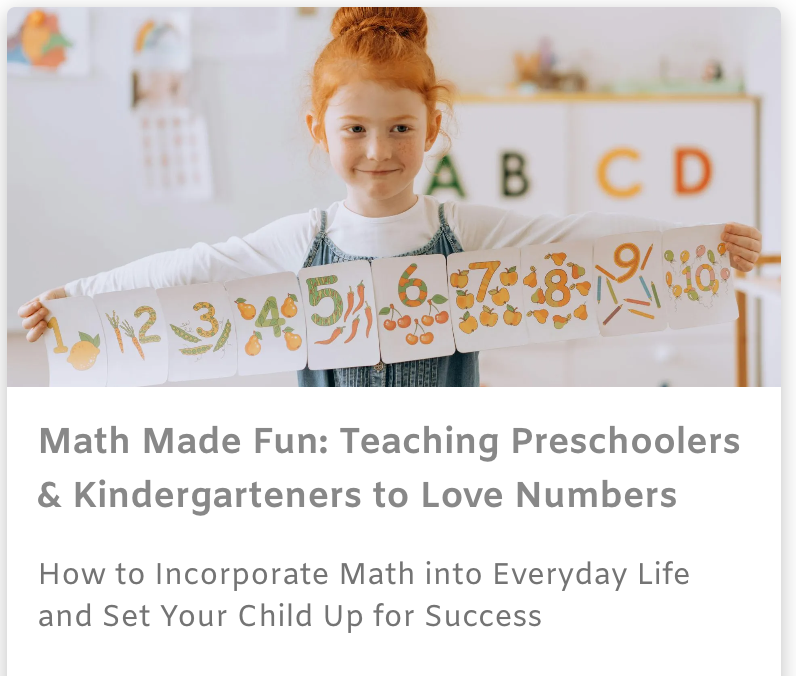555-555-5555
Free Homeschool Kindergarten Curriculum /
FREE Kindergarten Homeschool Lesson Plans
Choose a kindergarten homeschool subject or class below and download for FREE!
Check out our Kindergarten parent helps and printables below!
PreK - Kindergarten Nature Study
ButtonCatholic VBS Kids Summer Camp: Eucharist
FREE Lesson Plans
* These can be taught at your parish or home
* Open & Go Plans
* PreK - 8th grade with teens helping
* 3 hours of activities for 5 days
* Minimum supplies & effort needed
* Reverent and FUN
How to Homeschool Kindergarten
Q: What are the laws in my state to homeschoool kindergarten?
Short Answer: Check out the kindergarten homeschool laws in your state through our state-by state homeschool information page.
Longer, but same Answer: Homeschooling laws for kindergarten in the United States vary widely across the 50 states, reflecting a spectrum of regulatory approaches from minimal oversight to detailed requirements. While all states permit homeschooling, the rules governing kindergarten—typically for children aged 5 to 6—depend on each state’s compulsory attendance age, notification conditions, subject requirements, and assessment obligations. Make sure to look at homeschool laws in your state by clicking on our State-by-State Homeschool Groups & Information.
Homeschool Kindergarten Checklist
When you first start homeschooling kindergarten, it’s easy to feel like you need to do all the things—reading programs, math workbooks, handwriting drills, science experiments, art projects... every subject, every day.
But here’s the truth: Kindergarten is not about doing everything—it’s about doing the right things, gently and joyfully.
Let’s talk about the real academic priorities in kindergarten—and how you can nurture them through fun, everyday moments (without burning out). Read more...

Download this free printable homeschool kindergarten checklist. You can laminate it and put it on your fridge to check off each week and erase to start again for the upcoming week!
Kindergarten's Power of Play
A play-based approach to kindergarten, often called a “garden of learning,” allows young children to grow through joyful exploration without pressure or punishment. This philosophy supports a strong sense of self-identity and lays the groundwork for future academic success. Research shows that positive early childhood experiences are linked to better educational outcomes, social development, and emotional well-being.
Using free homeschooling lesson plans and homeschool preschool lesson plans built around everyday items—like measuring cups, blocks, and natural objects—children absorb a wide variety of concepts simply through enthusiastic exposure and positive associations. This style of learning is central to any free homeschool program that values creativity and curiosity, and it may just be the best homeschool program for early learners looking to thrive in a nurturing, pressure-free environment. Read more...
No Stress Homeschool Kindergarten
✨Dear homeschool mama, don’t stress about kindergarten.✨
Your child doesn’t need a rigid schedule or fancy curriculum to thrive. They learn through play, curiosity, and everyday moments—sorting laundry, reading stories, digging in the dirt.
Kindergarten is about wonder, not worksheets. 💛
You’re not behind. You’re planting seeds. 🌱
Breathe. Smile. Enjoy this sweet season. You’re doing just fine. 💕 Read more...
Launching your Preschooler into Homeschool Kindergarten
Transitioning from preschool to kindergarten can be a gentle progression, especially in a homeschool setting where lifestyle and routine may shift minimally. Every child develops on their own timeline. Trust your instincts and your child’s natural ability to learn. A gentle, individualized approach nurtures confidence and a love of learning for both child and parent.Rather than rigid standards, families can use developmental milestones as flexible benchmarks.
Key Areas of Readiness are Read more...
How To Teach Math for Homeschool Kindergarten
In a relaxed, playful environment, math can be seen not as a subject but as a natural part of everyday life. Whether it's cooking, shopping, playing, or simply walking around the neighborhood, math can be integrated into the child’s world in ways that feel engaging and not forced. Read more...
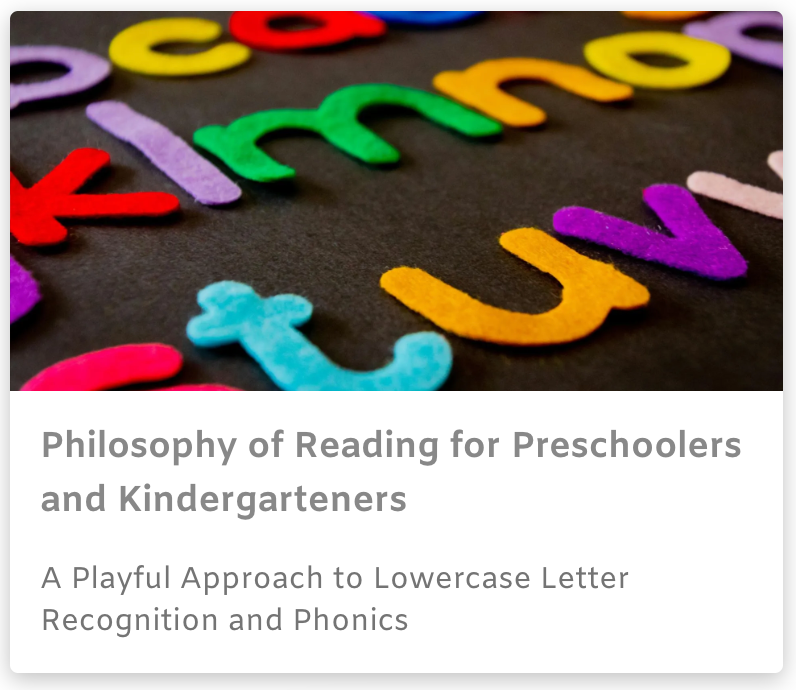
How to Teach Reading to Homeschool Kindergarteners
Phonics doesn’t have to be a dry, academic task. With a little creativity, your child will associate reading with fun and exploration, and when they’re ready, they’ll be well on their way to reading success! Make reading and letter recognition feel like a joyful discovery, not a pressure-filled task. Build confidence through play, connection, and consistency—setting a strong foundation for 1st-grade reading success. Read more...
FREE Homeschool Kindergarten Printables
Download our Free Alphabet Preschool & Kindergarten Printables & Activity Guide
Download the Free Math Preschool & Kindergarten Printables & Activity Guide
Download this free printable homeschool kindergarten checklist. We suggest you laminate it and use a dry erase marker on it each week.
Check out all our FREE homeschool lesson plans with video helps!
EVERYTHING a homeschooler needs - Nearly all on this site is FREE
You don't have to homeschool alone!
Free Homeschool Lesson Plans & Printables
I'm NEW to homeschooling! What do I do?

| Homeschooling101.net
